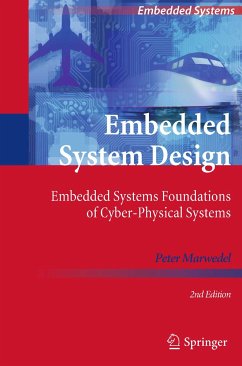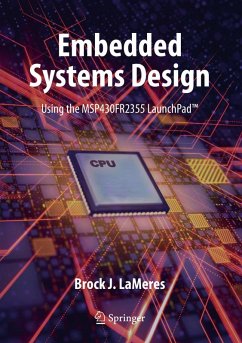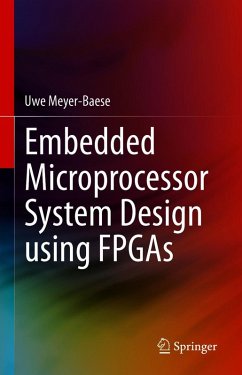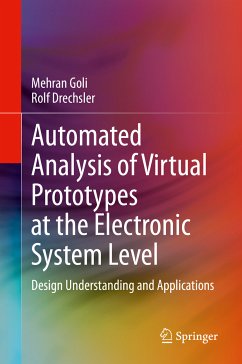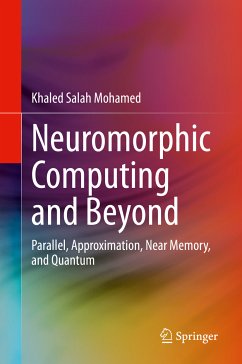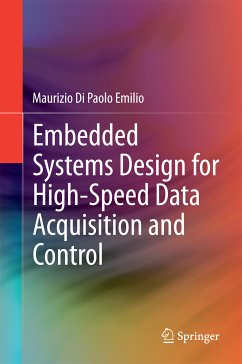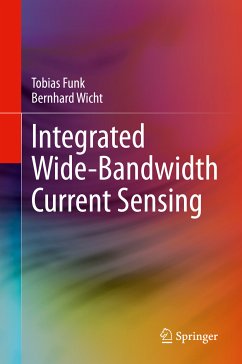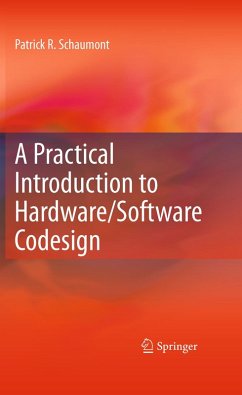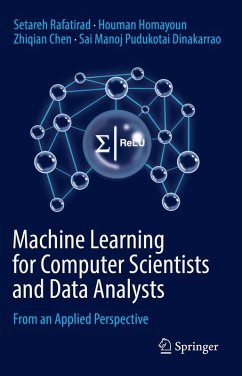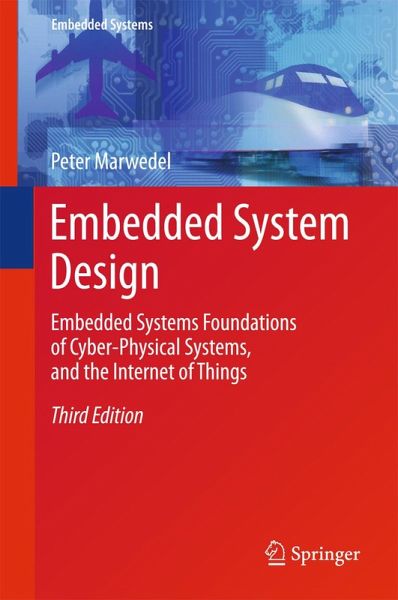
Embedded System Design (eBook, PDF)
Embedded Systems Foundations of Cyber-Physical Systems, and the Internet of Things
Versandkostenfrei!
Sofort per Download lieferbar
46,95 €
inkl. MwSt.
Weitere Ausgaben:

PAYBACK Punkte
23 °P sammeln!
A unique feature of this textbook is to provide a comprehensive introduction to the fundamental knowledge in embedded systems, with applications in cyber-physical systems and the Internet of things. It starts with an introduction to the field and a survey of specification models and languages for embedded and cyber-physical systems. It provides a brief overview of hardware devices used for such systems and presents the essentials of system software for embedded systems, including real-time operating systems. The author also discusses evaluation and validation techniques for embedded systems an...
A unique feature of this textbook is to provide a comprehensive introduction to the fundamental knowledge in embedded systems, with applications in cyber-physical systems and the Internet of things. It starts with an introduction to the field and a survey of specification models and languages for embedded and cyber-physical systems. It provides a brief overview of hardware devices used for such systems and presents the essentials of system software for embedded systems, including real-time operating systems. The author also discusses evaluation and validation techniques for embedded systems and provides an overview of techniques for mapping applications to execution platforms, including multi-core platforms. Embedded systems have to operate under tight constraints and, hence, the book also contains a selected set of optimization techniques, including software optimization techniques. The book closes with a brief survey on testing. This third edition has been updated and revised to reflect new trends and technologies, such as the importance of cyber-physical systems and the Internet of things, the evolution of single-core processors to multi-core processors, and the increased importance of energy efficiency and thermal issues.
Dieser Download kann aus rechtlichen Gründen nur mit Rechnungsadresse in A, B, BG, CY, CZ, D, DK, EW, E, FIN, F, GR, HR, H, IRL, I, LT, L, LR, M, NL, PL, P, R, S, SLO, SK ausgeliefert werden.



